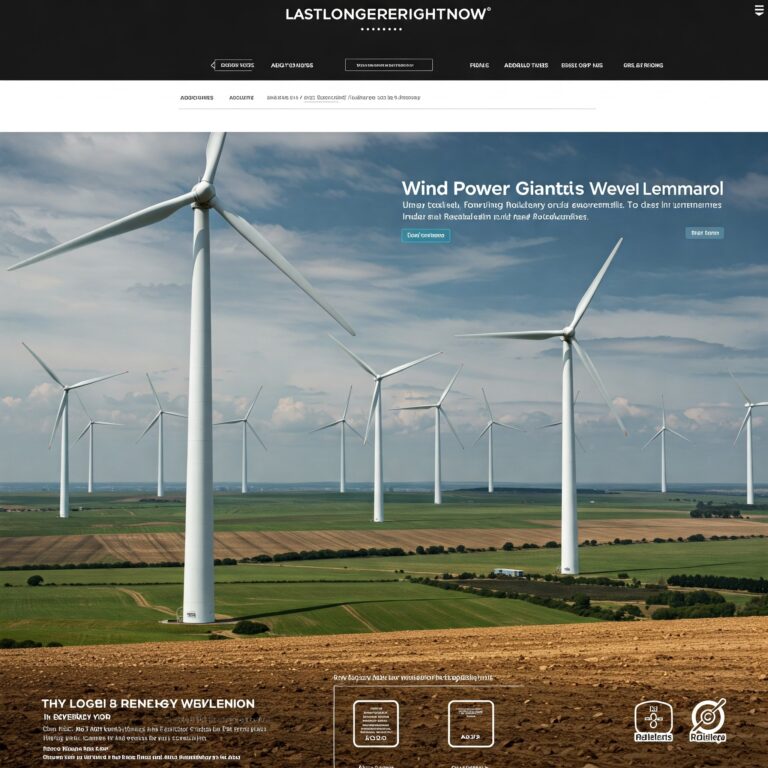Introduction:
Vacuum technology plays a crucial role in various industries, ranging from manufacturing and research to aerospace and healthcare. Monitoring and measuring vacuum levels accurately is essential for ensuring the efficiency and reliability of vacuum systems. One indispensable tool in this realm is the vacuometer, commonly known as a vacuum gauge. In this article, we delve into the world of vacuum gauges, exploring their types, applications, and the significance they hold in diverse fields.
Understanding Vacuometers:
A vacuometer is an instrument designed to measure the level of vacuum within a confined space. Vacuum gauges come in various types, each catering to specific applications and measurement ranges. Broadly classified, these instruments can be categorized into two main types: absolute pressure gauges and differential pressure gauges.
Absolute Pressure Gauges:
Absolute pressure gauges measure the pressure of a vacuum relative to absolute zero pressure, which is a complete vacuum. These gauges provide a precise reading of the vacuum level within a system, helping engineers and technicians understand the overall pressure conditions.
Differential Pressure Gauges:
Differential pressure gauges, on the other hand, measure the difference in pressure between the system under consideration and the surrounding environment. These gauges are particularly useful in applications where the focus is on changes in pressure rather than absolute pressure values.
Applications of Vacuometers:
Vacuum gauges find applications across a wide array of industries due to the vital role vacuum technology plays in numerous processes. Some notable applications include:
a. Industrial Processes: In manufacturing environments, vacuometers help optimize processes such as vacuum molding, heat treatment, and distillation by ensuring precise control over vacuum levels.
b. Scientific Research: Researchers in physics, chemistry, and engineering rely on vacuum gauges to create controlled environments for experiments, such as in the development of semiconductor materials or studying the behavior of particles in vacuum chambers.
c. Aerospace Industry: The aerospace sector employs vacuum technology for testing and simulating conditions experienced in space. Vacuometers are crucial in maintaining the required vacuum levels during these tests.
d. Healthcare: In medical applications, vacuum systems are integral to various processes, such as vacuum-assisted wound closure and certain laboratory procedures. Vacuometers ensure the accurate functioning of these systems.
The Significance of Accurate Vacuum Measurements:
The accuracy of vacuum measurements is paramount for the success of many processes. Whether it’s ensuring the quality of manufactured products, conducting precise scientific experiments, or guaranteeing the safety of aerospace components, vacuometers play a crucial role in maintaining the desired vacuum conditions.
Conclusion:
In the vast landscape of vacuum technology, vacuometers stand as essential instruments for engineers, researchers, and technicians alike. Their ability to measure and monitor vacuum levels accurately contributes to the success and efficiency of processes across diverse industries. As technology advances, vacuometers will continue to evolve, playing an increasingly pivotal role in shaping the future of vacuum applications.






